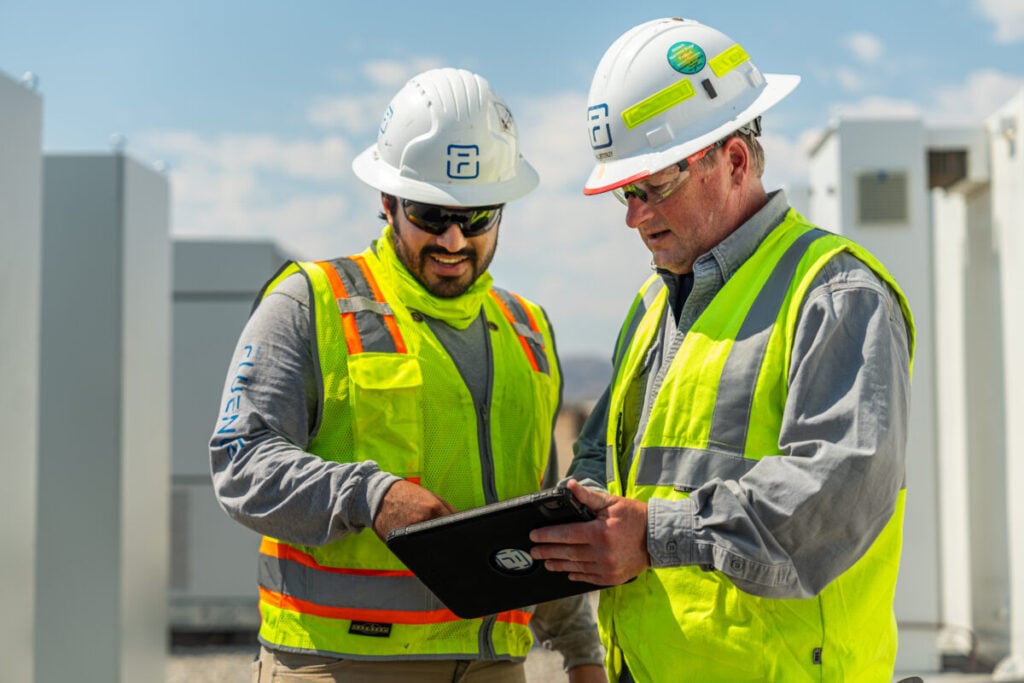
Marie Cullen, head of procurement at Fluence Australia, explains why responsible sourcing is important to the energy transition and energy storage developments.
As the world races toward net zero, the conversation around clean energy has shifted from if to how fast. But increasingly, the question is also how responsibly.
The supply chains that power the energy transition are under growing scrutiny – and rightly so. Behind every battery energy storage system (BESS), solar PV module, or electric vehicle (EV) lies a complex network of raw material extraction, labour and logistics.
The way these resources are sourced and managed carries real consequences for the environment, communities, workers, and the long-term credibility of the clean energy industry.
Try Premium for just $1
- Full premium access for the first month at only $1
- Converts to an annual rate after 30 days unless cancelled
- Cancel anytime during the trial period
Premium Benefits
- Expert industry analysis and interviews
- Digital access to PV Tech Power journal
- Exclusive event discounts
Or get the full Premium subscription right away
Or continue reading this article for free
Responsible sourcing isn’t a side issue. It’s the foundation of an ethical and sustainable energy transition.
Why it matters
The clean energy sector is uniquely reliant on minerals like lithium, cobalt, and nickel. As demand soars, so does the pressure on global supply chains and the risks that come with them. Reports of unsafe working conditions and environmental degradation have made one thing clear: clean energy cannot come at the cost of human rights or ecological harm.
Sustainability, including responsible supply chains, has become a fundamental driver of innovation, operation, and creating long-term value. Additionally, with companies and investors being held to higher ESG standards, responsible sourcing is no longer optional; it’s a business imperative. Regulatory bodies, customers, and communities now expect transparency, accountability, and action.
The pillars of responsible sourcing
Organisations are now approaching responsible sourcing through a multi-dimensional lens. This includes:
- Responsible mineral sourcing: Australia is among the world’s top three producers of lithium, cobalt, and rare earths, therefore responsible sourcing is a crucial topic in the region. Responsible mineral sourcing involves conducting risk assessments at every stage of the supply chain.
- Fair labor practices: The Australian Council of Trade Unions estimates that 4.1 million people (or one in three workers) in Australia in 2022 were employed under insecure conditions. Across Asia Pacific, forced labour remains a concern in manufacturing and mining. To combat this, leading energy companies are strengthening supplier codes of conduct, enforcing zero-tolerance policies for labour violations, and conducting independent third-party audits.
- Environmental responsibility: The mining sector accounted for almost 25% of the country’s emissions in 2022. Energy companies are being urged to embed circular design, water management, and biodiversity protections into their sourcing strategies.
- Supplier engagement: Strong supplier engagement is not just about compliance; it’s about partnership. Across Asia Pacific, growing ESG expectations are prompting companies to adopt more robust supplier engagement programs. During periods of global supply chain disruption, it became clear that organisations with trusted, well-established supplier relationships were better equipped to adapt, respond, and keep projects on track.
At the Liddell Battery project in New South Wales, Fluence partnered with a diverse range of local suppliers through site visits and practical guidance, many of whom were engaging with the renewable energy sector for the first time. These suppliers brought valuable skills from adjacent industries, building long-term capability across the local supply chain.
- Transparency and Traceability: Full visibility into supply chains is the foundation for effective risk management. Traceability technology and digital tools can be used to better track materials from source to system, helping to identify and address potential risks, including modern slavery
- Collaboration and partnerships: Solving regional and global sourcing challenges requires collaboration across the value chain. In Australia, cross-sector alliances like the Responsible Minerals Initiative and the Clean Energy Council’s sustainability initiatives are helping raise the bar.
Fluence is also working closely with our suppliers to drive our circular economy strategy, focusing on minimising waste, increasing recyclability, and designing products for longer life. Shifting from a traditional linear model to a circular supply chain is an essential move toward reducing environmental impact while generating lasting economic benefits for local communities.
The road ahead
BloombergNEF projects that global energy storage will grow more than 25-fold by 2030, reaching 1.5TWh in installed capacity. Now, the industry must reckon with how that growth is achieved.
Forward-looking companies are recognising that performance and responsibility must go hand in hand, and those who lead on sourcing today will shape the future of energy tomorrow.
About the Author
Marie Cullen is head of procurement at Fluence, where her team is responsible for sourcing and supplier relationship management across battery energy storage projects in Australia. Marie is passionate about energy and has over 10 years of experience within the energy sector in Australia at AusNet and Jemena.
She believes procurement can make the world a better place. It can take the stress out of buying for our internal stakeholders and can enable businesses to foster strategic long-term relationships with their suppliers, allowing them to grow and innovate together. Marie is a Research Council member for World Commerce and Contracting and is a qualified Irish solicitor.
